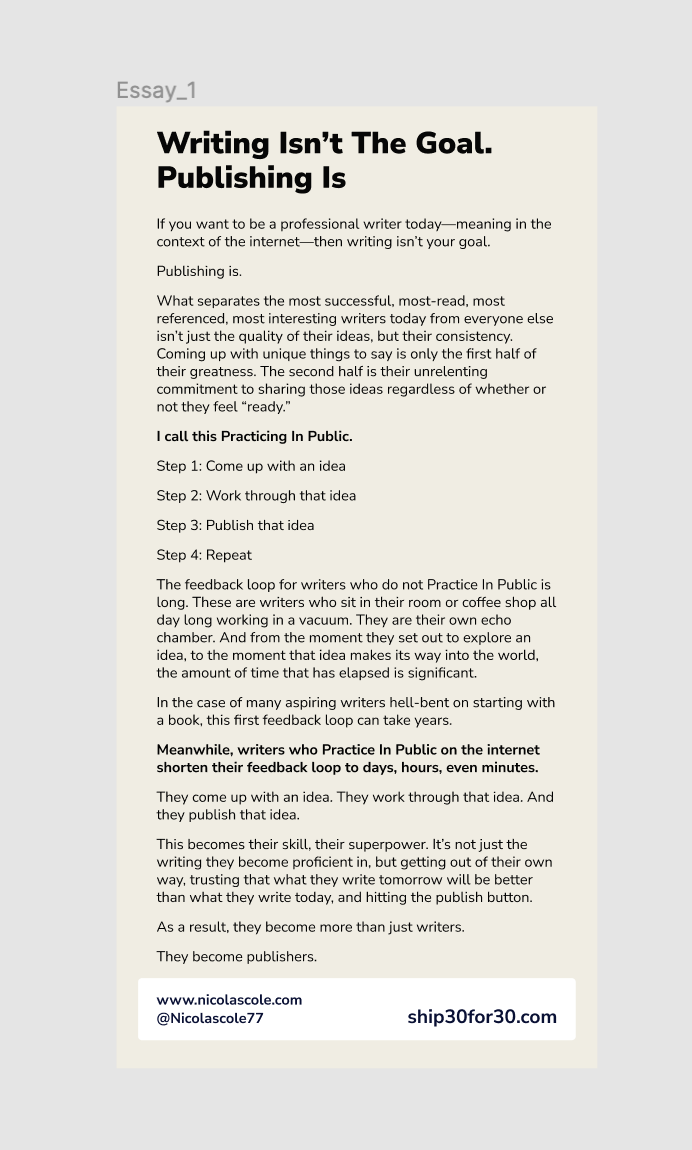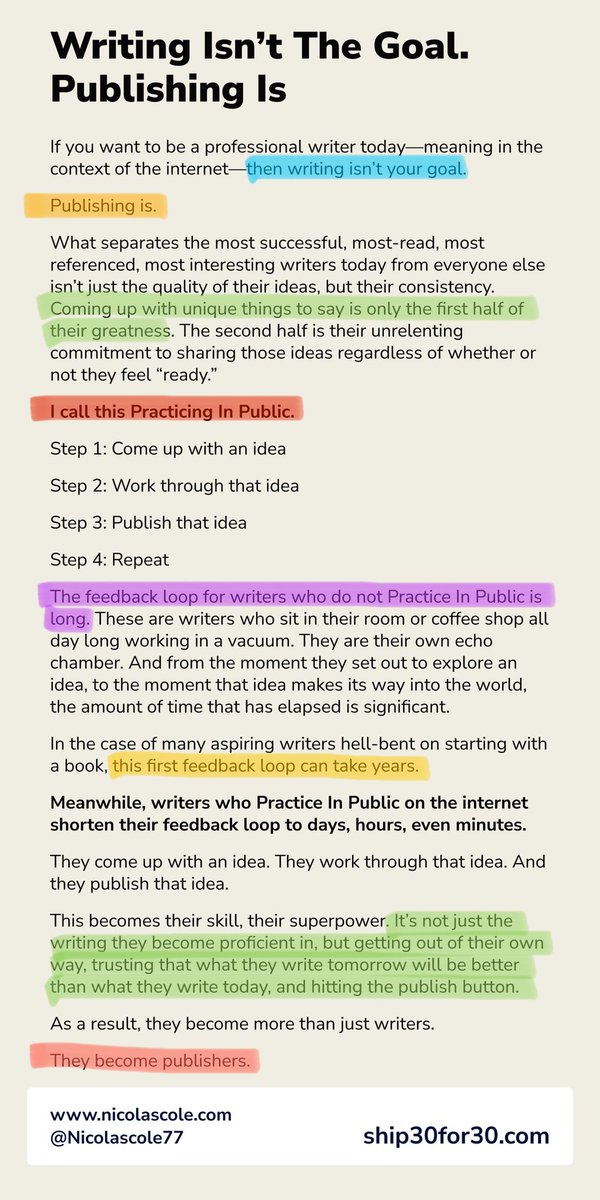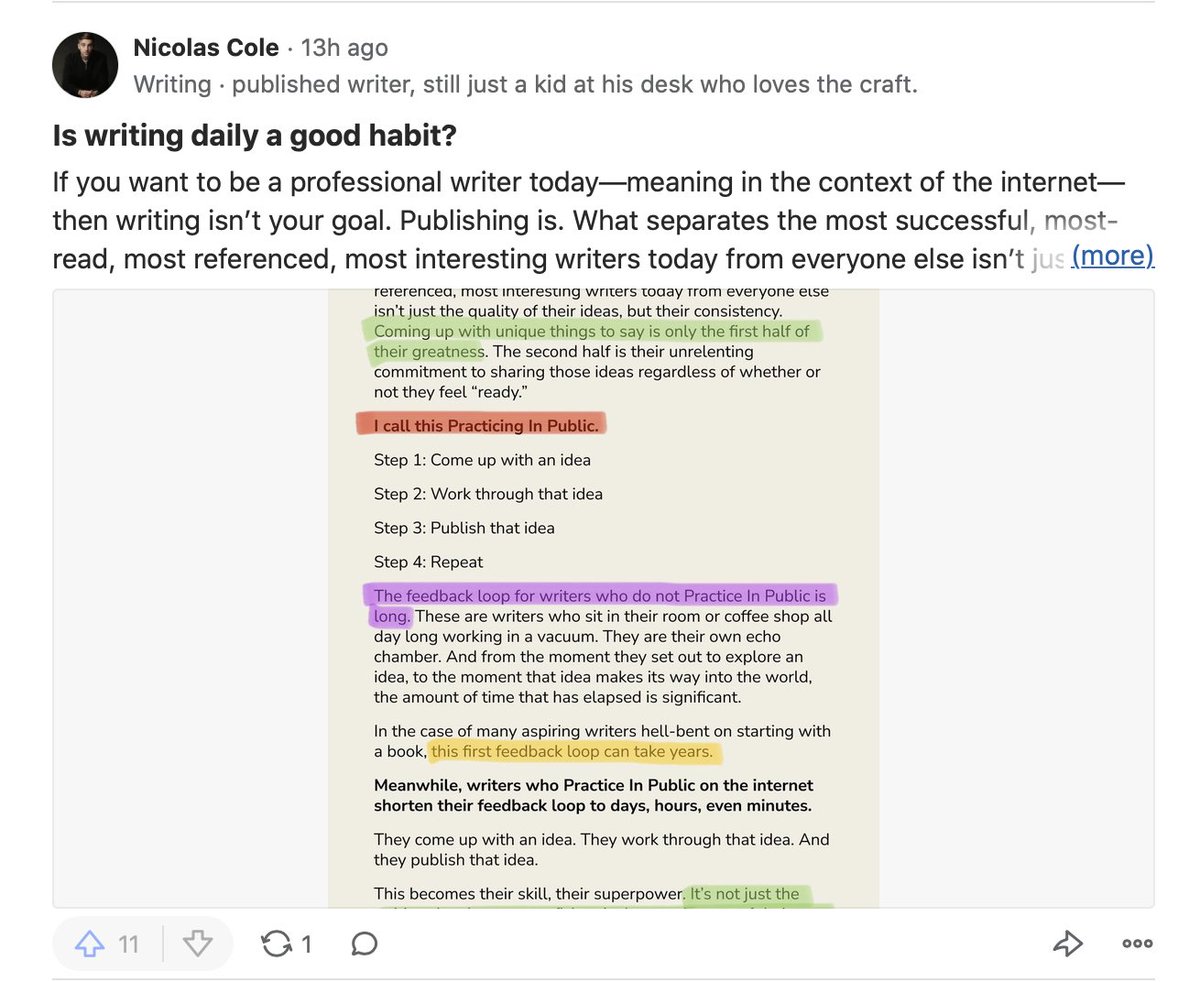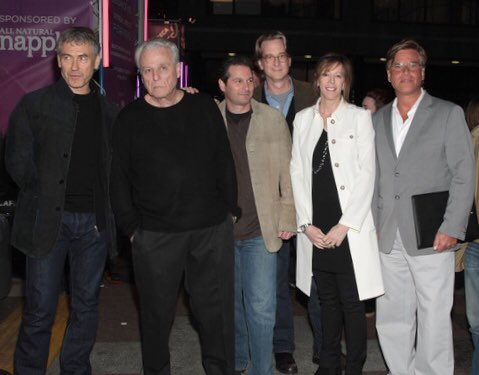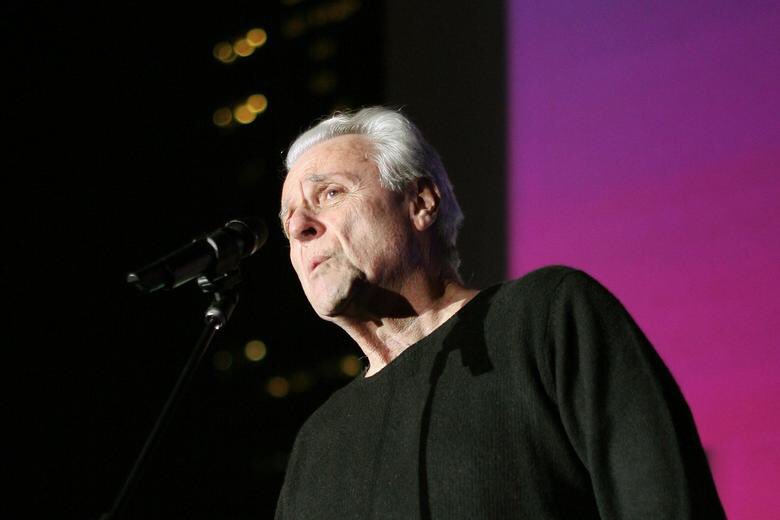Categories Writing
In 2017, I finally wrote it.
In 2019, thanks to the fine folks at @DelReyBooks, you'll all get to read it.
I'm pleased to announce my epic fantasy debut. Formerly: "Fullmetal Pokémist." Now:
STEEL CROW SAGA.

Seriously, everyone, I can't tell you how thrilled I am to share this one with you. The world is far-flung and weird, and the characters live lives so far removed from mine, but STEEL CROW SAGA is honestly the most personal and autobiographical thing I've ever written
Yeah, I guess I should address that early. STEEL CROW SAGA is not a trilogy. This is a standalone book. I left doors open for someday, but my plan right now is for each of these three books to be its own
holy crappppppp i see A THREE BOOK DEAL hidden in there too!!!!!!!!
— do i dare to eat a \U0001f351 (@NicasioSilang) October 31, 2018
Last thing I'll say here: I couldn't have asked for a better team than @DelReyBooks to work with--particularly @tnarwani, who just Gets this book. In our call, she casually cited a semi-obscure Korean movie from ten years ago, unaware it'd been a key influence. That's when I knew
Anyway. Plenty more to tease in the coming year. Thanks again to my friends who got me through it, and especially to @dongwon who saw this weird Toonami regurgitation and immediately believed in it. Today is my triumph, but it's also theirs.
Writing effectively.
But colleges charge you 120k and still do a terrible job teaching it.
Instead, here are 9 writing frameworks that cost you nothing and will save you hundreds of hours:
1. Start with building your writing habit by leveraging @jamesclear's Four Laws of Behavior
Atomic Habits from @jamesclear changed my life.
— Dickie Bush \U0001f6a2 (@dickiebush) March 10, 2021
In Atomic Habits, James lays out the Four Laws of Behavior Change.
1. Make it obvious
2. Make it attractive
3. Make it easy
4. Make it satisfying
Here's how to leverage them to build a daily writing habit (\U0001f9f5\u270d\U0001f3fc):
2. With your writing habit down, study these 10 tips from the world's most legendary marketer: David Ogilvy.
One of the most legendary marketers of all time: David Ogilvy
— Dickie Bush \U0001f6a2 (@dickiebush) June 2, 2021
In 1982, David wrote an internal memo to the employees of his advertising agency titled "How to write."
And in just 10 bullets he put together a masterclass in effective writing.
Here's a breakdown of each one: pic.twitter.com/MxRYuQRLyA
3. Then, immerse yourself in the takeaways from the bible on business
Business writing is a superpower.
— Dickie Bush \U0001f6a2 (@dickiebush) June 8, 2021
But schools and employers do a horrible job teaching people to write.
In 1981, two advertising executives wrote a timeless guide for how to write in the business world.
And here are 12 of their tips you should staple to your desktop: pic.twitter.com/w0hh0qBOG4
4. Like to learn on the go?
Dive into the creative process of the world's best writers in these 10 episodes of the @timferriss show.
I've listened to every episode of the @tferriss show.
— Dickie Bush \U0001f6a2 (@dickiebush) March 3, 2021
And some of my favorites are when Tim interviews prolific writers, diving into their creative process to improve his own.
If you are looking to build a writing habit, these 10 episodes are a must-listen:
\u270d\U0001f3fc\U0001f3a7\U0001f447\U0001f3fc
Writing tip: let\u2019s talk about the INACTIVE PROTAGONIST. I\u2019ve seen a lot of amazing books lately with incredible plots, intricate worlds, and just really great writing with one recurring issue, which is the inactive protagonist. I think it can get tough when you\u2019re writing (1/10)
— Briston Brooks (@briston_brooks) January 26, 2021
Often, our protags are just trying to survive overwhelming odds. Survival is an active choice, you know. Survival is a story. Choosing to be strong in the face of the world ending, even if you can't blast a wall down to do it, is a choice.
It's how we live these days.
Western editors, readers, and writers are too married to the three-act structure, to the type of storytelling that is driven by conflict, to that go-getter individualism. Please read more widely out of your comfort zone. A lot of great non-western stories do not hinge on these.
Sometimes I wonder if you're all so hopped up on the conflict-driven story because that's exactly how your colonizer ancestors dealt with people different from them. Oops, I said it, sorry not sorry. Yes, even this mindset has roots in colonialism, deal with it.
If you want examples of non-conflict-driven storytelling google the following: kishoutenketsu, johakyu, daisy chain storytelling/wheel spoke storytelling. There was another one whose name I forgot but I will tweet it when I recall it.


